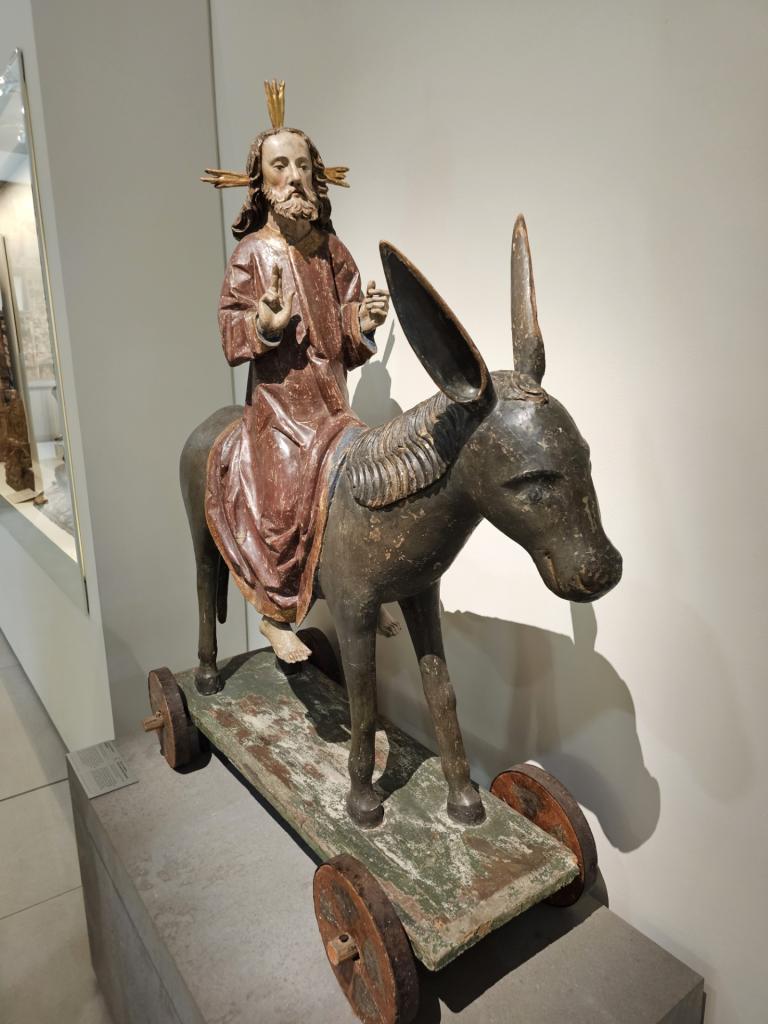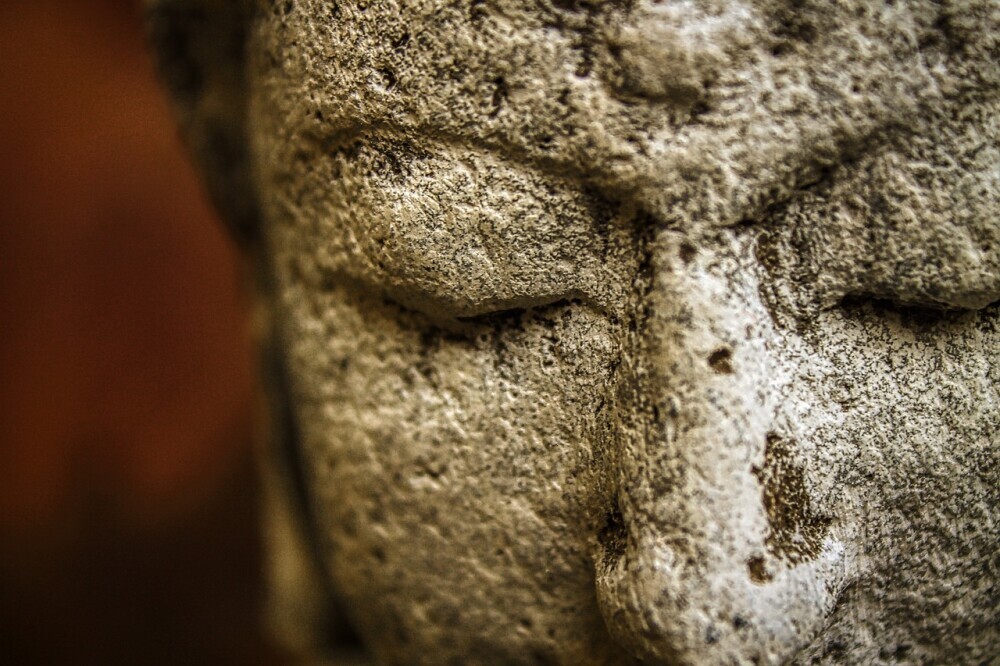The sixth section of the Lausanne Statement in Seoul, Korea addresses a concern for peace in a world of violent conflict. Just how are Christians to advocate peace in the world? The statement does not call for peaceful ‘coexistence’. Instead, the Church’s universalism is stated in terms of ‘God’s saving rule over all peoples’ (6.77). Thus, peace comes not by opposing evangelism but by nations permitting Christians to proclaim the Gospel. Peace and reconciliation come through Christ and the transformation and love that flows from Christian faith. This thoroughly Biblical and Christian understanding is hardly that touted by others (including universalists in the broader ‘Church’) that all faiths are equal ways to God, and therefore peace is by affirming everyone and even celebrating whatever they contribute to the smorgasbord of multi-faith multi-culturalism. (This appears to be Pope Francis’s view and one that has been articulated in contemporary Roman Catholicism.)
Noting that some areas of the world have found greater peace and harmony (6.78), the Statement also notes that this is not the case in other regions (6.79). It condemns those who stoke war (6.80) while calling on Christians to care for the vulnerable and serve as peacemakers (6.81). Quoting from the previous Lausanne Congress in Cape Town of past Christian complicity in violence, the Statement laments such moral failures of Christians (6.82) and calls for repentance (6.83). This last paragraph expands on the notion of a ‘nation state’ as a state with multiple, culturally distinct groups. I suppose the reason for repeating the concern already stated a decade ago must be the divisions between people resulting in the wars in Ukraine and the Middle East. Indeed, 6.84 states explicitly that God fulfills His promises to the Biblical people of the Middle East through Jesus Christ. Thus, Christians should oppose theological errors that stoke current violence. This all too general comment seems to be a warning not to read the identities and politics of Biblical times onto the current political situation in the Middle East. If so, a more direct challenge to such theological anachronisms and exegetical errors would be worthwhile, without, however, turning Lausanne into a political entity when this is not its purpose. Indeed, the Statement rightly distinguishes politics from God’s mission: ‘We lament that some Christians have looked to the state rather than the gospel as the key means for bringing about God’s intentions for the world’ (6.85).
However, this Statement makes a crucial error in weighing into a socio-political perspective that befits current, cultural trends beyond Lausanne’s missional purposes. Thus, it says that it opposes the ‘great evil’ of nationalism in the sense of a state aiming to have a single, national culture (only one possible meaning of ‘nationalism’, note). This political perspective appears to swallow the pill of identity politics in the West, which holds that multiculturalism is an intrinsic good rather than a highly problematic commitment that has led to and is leading to increasing violence. It seems, despite statements to the contrary, to affirm religious plurality as not only acceptable but beneficial—a large part of ‘culture’ is religion. Fundamentally, this view maintains that all cultures are equal, static, and valuable such that a multicultural state is—without further specification—to be valuable. It removes the prophetic role of the Church to speak to the nations and all cultures the truth that they are not the Kingdom of God. Far better would have been a statement that Christian faith transforms cultures and is called upon to develop a superior culture in the Church. Otherwise, ‘the Kingdom of God’ language is rendered nonsense. As Paul says, ‘But our citizenship is in heaven, and from it we await a Savior, the Lord Jesus Christ’ (Philippians 3.20).
Paragraph 6.86 notes the Korean situation in particular, since the document was written in Seoul. Christians are called on to pray for unity between the north and south and the open proclamation of the Gospel in the north. I see no reason to pray for unity, which is, after all, a political agenda, but praying for the open proclamation of the Gospel everywhere is, indeed, a Christian prayer. The concluding paragraph to this section (6.87) further calls on Christians everywhere to intercede for the persecuted and labour for peace, build Christian communities, promote a culture of peace, and proclaim the Gospel.
Much of this Section lays out hope for peace in the world, primarily through the Church and Christians working toward that end. At such an altitude, the particulars on the ground that need to drive any serious efforts are almost imperceptible. One wonders what such a Statement has to offer Christians facing regular persecution and death from Islamists, such as in northern Nigeria. Given the nature of this Statement, avoidance of particular issues is only to be expected, but this raises the question whether Lausanne conferences would do better to produce a different type of document in future meetings, one that focusses on a few issues facing the Church at the time rather than a sort of systematic theological restatement covering many theological topics.
One specific issue that really needs to be addressed throughout the world and that is a major threat to peace is Islam. The multiculturalism of Western nations has provided an open door to radicals. This Lausanne Statement affirms multiculturalism but makes no mention of such a threat. It appears to understand culture in terms of cuisine, dress, and some traditional customs rather than as something deeply shaped by religion and something the Church as its own culture (the Kingdom of God) stands over against. It often stands against culture and always seeks to transform culture.










 English (US) ·
English (US) ·